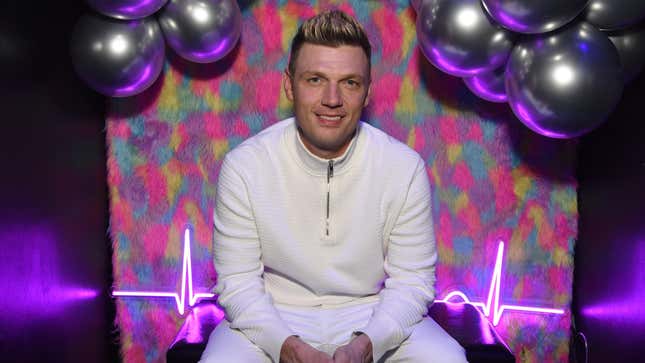Nick Carter Blames ‘#MeToo Movement’ in Countersuit Against Rape Accuser
Carter's suit says the Me Too movement was an "important development in recent American history," but "some people chose to take advantage of that platform."
JusticePolitics

Nearly two months after Nick Carter was sued for sexual battery by 39-year-old Shannon “Shay” Ruth, Carter has filed a countersuit against her and another woman who alleged he raped her, claiming the women are exploiting the Me Too movement.
“Having met and encountered millions of fans over the course of his 34-year career, it would be impossible for Carter to definitively know if he ever actually crossed paths with Ruth,” his countersuit states. “Carter is certain that he did not have sex with Ruth, did not grab her arm, and did not sexually assault or bully her.”
In Ruth’s suit, she alleged that Carter sexually assaulted her on a tour bus during a stop in Washington on a worldwide tour with the Backstreet Boys in 2001. Ruth, who lives with autism and cerebral palsy, further claimed Carter made fun of her and threatened her life.
“After he raped me, I remember him calling me a ‘retarded bitch’ and grabbing me and leaving bruises on my arm,” she said in the suit. Ruth also recalled Carter saying that “he’d turn people against me, because he was Nick Carter and had the power to wreck my life.”
-

-

-

-

-

-

-

-

-

-

-

-

-

-

-

-

-

-

-

-

-

-

-

-

-

-

-

-

-

-

-

-

-

-

-

-

-

-

-

-








































